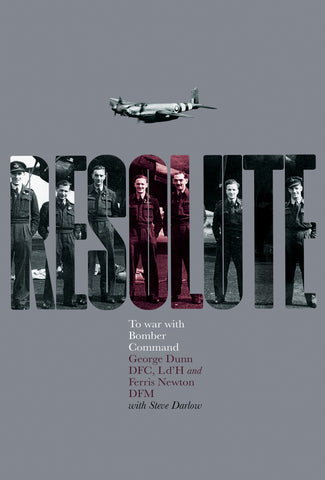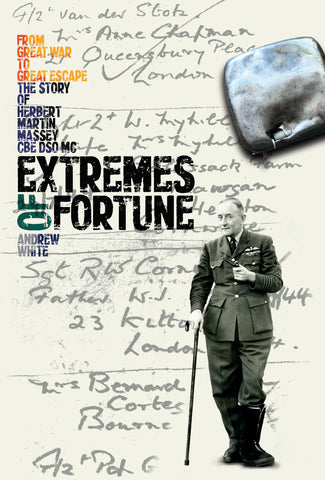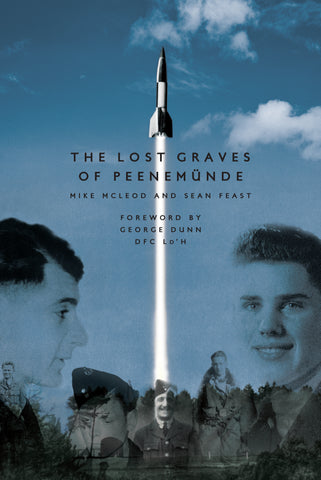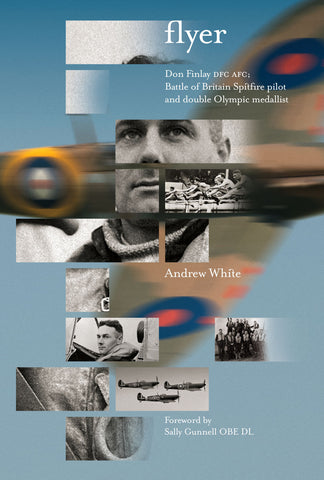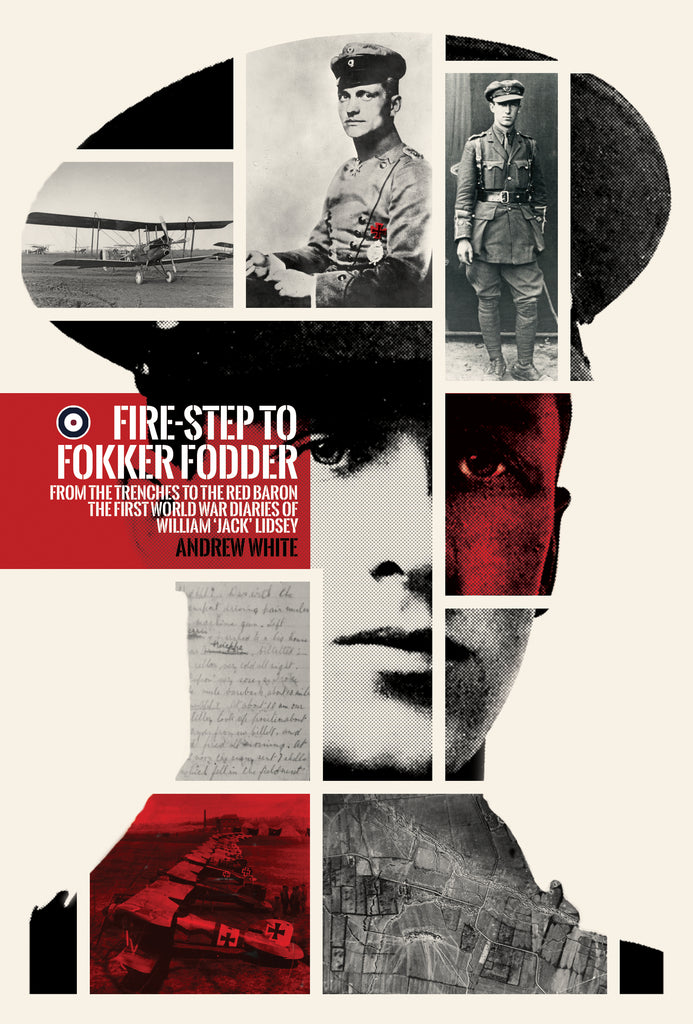
Fighting High Books
Fire-step to Fokker Fodder (author signed)
From the Trenches to the Red Baron. The First World War Diaries of William 'Jack' Lidsey.
by Andrew White
Hardback - 208pp (including 16pp of black and white photographs, and 10 maps) - 234 x 156mm.World Rights - Fighting High Ltd. ISBN - 978-1-9998128-7-4.
Reviews
'Andrew White has written a magnificent biography, well researched and full of interest. Very highly recommended.' (‘Stand To’, the journal of the Western Front Association. June 2020, edition 118.)
‘A captivating book that you won't want to put down.’ (Indysquadron.com)
‘Well worth reading for its insight into the life of an ordinary soldier and airman.’ (Aviation Historian Magazine)
'The value of this book is in the detail of Lidsey’s everyday life in France – a matter of fact story of hardships accepted and overcome; of dangers faced and duties done.' (Army Rumour Service website)
'Highly recommended for gripping accounts of trench warfare and air combat against the odds.' (Over the Front Magazine)
Book description
Jack Lidsey was one of the first to volunteer during the Great War, enlisting as a private soldier in his local regiment, the Oxfordshire and Buckinghamshire Light Infantry, in August 1914. He was sent to the Ypres Salient in March 1915, experiencing trench warfare around Ploegsteert Wood before moving south to the Somme in France. Lidsey was sent home for commissioning early in 1916, re-joining his battalion as a Second Lieutenant just in time for the Somme offensive of that summer. Time and again, he led his platoon into hails of enemy machine-gun fire, grenade and artillery attacks around Pozières, where the Oxfordshires took horrendous casualties. By any measure, Jack was lucky to survive, and in November 1916 he decided to try a different approach to warfare – from the air.
Jack joined the Royal Flying Corps as an observer with No. 16 Squadron, flying the outdated BE2, and was immediately plunged into aerial combat in the skies above the Western Front. His squadron suffered severe losses in the run-up to the Arras offensive of 1917, many at the hands of two of Germany’s great aces, Werner Voss and Manfred von Richthofen, the Red Baron. Lidsey himself fought von Richthofen and survived, until, on another fateful occasion, the Red Baron claimed him as his 29th victim.
Jack kept a detailed diary for the whole two years of his war, from going overseas until the day before his death. His descriptions of conditions in the trenches and of the fighting he experienced are vivid and compelling. Andrew White’s Fire-step to Fokker Fodder is based on Jack’s journal and includes numerous previously unpublished photographs, offering a unique personal insight into life and death on the Western Front, both in the trenches and in the air.
Author Andrew White
Andrew White was born in Brackley, Northamptonshire. He joined the RAF in 1985 and served for 26 years in the Intelligence Branch retiring as a Wing Commander. Andrew served operationally in Northern Ireland, Bosnia and Iraq with both fast jet and transport squadrons; he also enjoyed tours in the Ministry of Defence and operational headquarters at home and abroad. Now a battlefield guide, Andrew takes GCSE students to the sites of the Western Front and Normandy, and A Level students to Berlin. He lives with his family on the Norfolk/Cambridgeshire border.
NEW INFORMATION
Recently discovered letter from the CO of No. 16 Squadron to Jack Lidsey's parents.




Letter transcript
23-3-17
Dear Mr Lidsey
I am taking the liberty as your son’s CO of writing to you to give you details. I expect you will have received official notice by the time that this letter reaches you. I hope you will allow me to offer my most sincere sympathy both from myself and on behalf of the remainder of the Squadron.
Great as his loss is to us, I am afraid his death must be a terrible blow to you. We miss him dreadfully. He was always so cheerful and was so keen on his work, and had he only lived I feel sure he would have done splendidly. He was very good indeed at his work himself, and was an enormous help to me in the training of the later comers, although he had been with us such a short while.
He went out on an artillery observation flight on a very bad day, the day before yesterday, and in spite of the weather was carrying on a shoot splendidly, when he was attacked by a very fast German scout and surprised, His pilot, F Sgt Quicke, was instantly killed, with the result that his machine came down out of control. I am afraid your son sustained injuries in the smash from which he succumbed, but I am glad to say that he suffered no pain. He was quite quiet and comfortable right up to the last and was quite content that he had ‘done his job thoroughly’. I was very sorry not to have seen him before he died, but I arrived at the clearing station too late.
We buried him today in the cemetery at Aubigny near several of his brother officers who have given their lives for us. We are erecting a cross over his grave and I will try to have it photographed, and a copy sent to you. It seems such a small return for all that he has done for the Squadron and for his sacrifice.
I am having his kit packed up and forwarded to you via Cox & Co and trust that it will reach you in due course. Some small articles which were on his person are being sent to you from the hospital through the Adjutant General’s office.
Again offering you my most sincere sympathy.
I am
Yours truly
P C Maltby
No 16 Squadron
RFC
BEF
France

